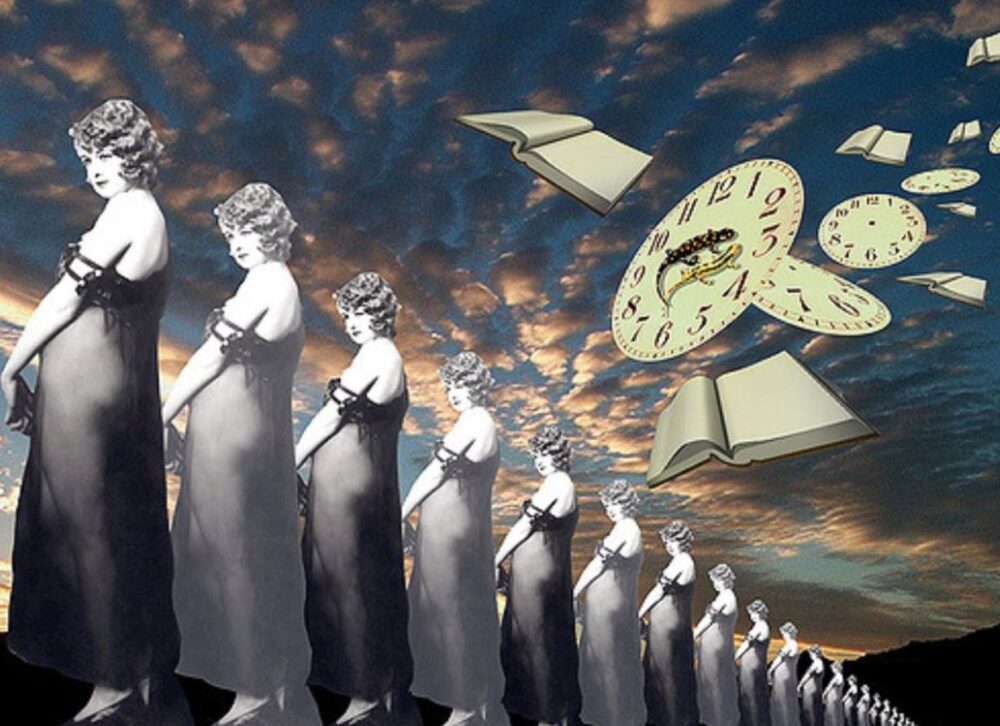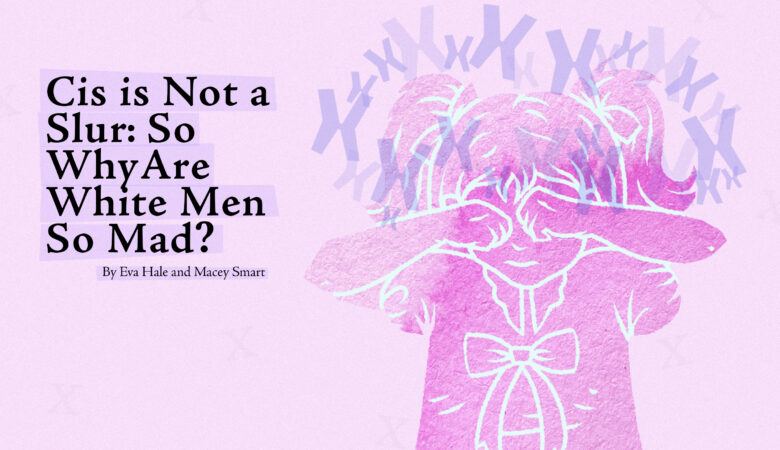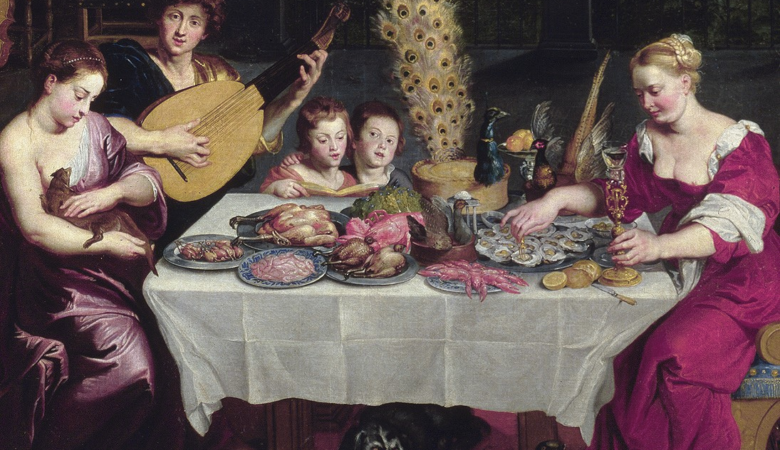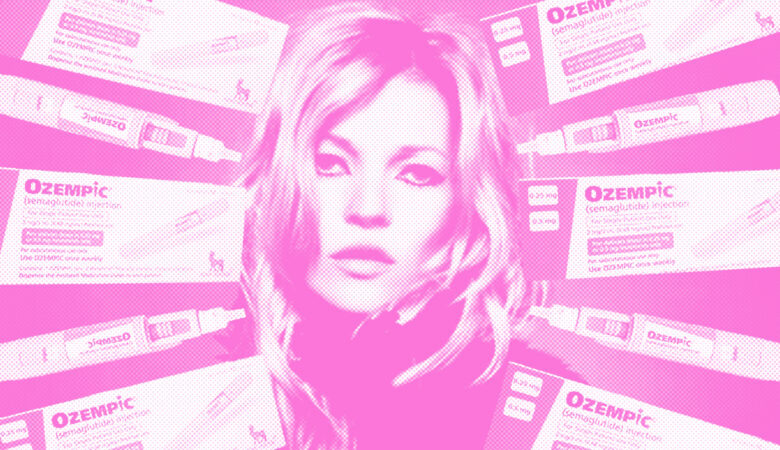Aldous Huxley’s satirical Brave New World is one of the most bewitching and frightening works of literature I’ve ever read. Naive to its context, I didn’t understand any of it when I first came to read it. It was at a time where I had no interest in politics, yet I knew I wanted to be a scientist of some kind and had a very pragmatic worldview. When Brave New World was recommended to me, I expected to escape into a world of science fiction. Instead I fell into a book that challenged my social and economic views.
I didn’t know what socialism was at that time but that’s where my journey began.
The novel drew me in with its dark look into the control and manipulation of authority. The prospect of an individual relies on the interaction of nature and nurture, genetics and environment: but the ‘utopian’ state’s chain of command controls both. Naturally, I found this control alarming. To the readership, it challenges one of their deepest anxieties about the possibility of interference on their natural biological endowment, that they will someday be oppressed, exploited and manipulated by authority. Huxley plays on these trepidations to challenge the reader’s ideas of societal norms. He shows the fear that a future World State may rob them of the right to be unhappy. Very few writers were bold enough to challenge their reader’s comfort in this time in history, but Huxley certainly did.
Bernard Marx is a key figure in Brave New World. Self-conscious and bumbling, he is yet an extraordinary individual and, conditioned to think like the rest of his society, he cannot help but have otherwise challenging thoughts. Bernard articulates a desire of freedom in such a world that can only be a freedom from conditioning. As he questions the value of dominant values, he also materialises a discontent. He is the first who develops a taste for solitude, which frightens Lenina, who never questions her society: “No, the real problem is: How is it that I can’t, or rather — because, after all, I know quite well why I can’t — what would it be like if I could, if I were free — not enslaved by my conditioning … Don’t you wish you were free, Lenina?” Being rejected by society, he spends most time alone, which leads him to comprehend that what looks like “freedom” to the World State is in fact, not, and cannot be much more than voluntary slavery.
Bernard Marx, contextually, is an obvious allusion to Karl Marx. Marx is one of the most misinterpreted thinkers in history because his ideas challenge one’s beliefs and, when properly understood, he becomes a threat to the elitist class. Huxley knew that with propaganda, most of his readers believe that Marx is to blame for human suffering, wars, poverty, government management, millions of deaths, economic busts and anything else they can point their finger at. Since the elitist class would be extinct if Marxism, as properly interpreted, takes hold in society, it would seem that Bernard Marx was a way for Huxley to challenge norms. What kind of norms are up to the reader to interpret.
Benito Hoover is the stereotypical ‘Alpha’ who obeys all the social norms, quotes his hypnopaedic learning and happily follows all of the trends associated with the World State. His first name is an allusion to the Italian dictator Benito Mussolini, who had governed with fascist beliefs. Benito fits perfectly into Brave New World as he represents every aspect of the World State’s government. In the World State, it is believed that everyone should follow the same lifestyle and accept the things that are forced upon them. When the novel was published, fascism was beginning to raise its ugly head in Europe, and the novel went far beyond any totalitarian dream and introduced readers to a new nightmarish world controlled by cold, calculating scientific bureaucrats. It seems that Huxley was using the world around him as inspiration for a warning of what is to come, which is shockingly prescient with current issues concerning conformity.
In the World State, “unpleasantness” has been abolished through the drug Soma. Soma weakens the characters, leaving them incapable of questioning the government’s methods. In Brave New World, the characters take Soma because their lives, like the society itself, is devoid of a higher meaning. John the Savage, by contrast, has a strong resistance. His happiness – and afflictions – don’t drive him to take Soma. Huxley cleverly influences the reader into siding with John as he supports the right to suffer sickness, pain, and fear. When he claims the right to be unhappy; the reader commiserates. The reader may also come to support, like John, “the right to grow old and ugly and impotent; the right to have syphilis and cancer; the right to have too little to eat; the right to be lousy; the right to live in constant apprehension of what may happen tomorrow; the right to catch typhoid; the right to be tortured by unspeakable pains of every kind.”
John tries to convince hundreds of tired workers to refuse Soma, and instead to live their lives in freedom without this control. John had questioned the riled up crowd and as a result of a nonconformist action, they lashed out, only to be brought down by the police, who oddly enough controlled the uproar by spraying Soma gas to pacify everyone. The irony here confirms that Soma is really more than just a drug, for it is truly a distraction and an answer that fills any void in their dull lives of “Community, Identity, Stability.” This detrimental drug goes beyond the literal meaning in which it is being used and becomes the one thing that everyone actually lives for. With the prevalent norm of ‘ignorance is bliss’, the reader begins to question what today’s Soma is as they do not want to destroy themselves and become slaves to a society where they believe they have free-will like the way Soma does to the citizens of Brave New World.
The world that Huxley created, an “idealistic” utopian society has been created with features, specifically the characters, that have been explicitly calculated to alienate the readers as reading the novel elicits the very same unpleasant feelings in the reader which the society it describes has notionally subdued. We see that the formation of this “idealistic” utopian society by the elitist class comes at the expense of the working class. As Marx would say, the “bourgeois want all the advantages of modern social conditions without the struggles and dangers necessarily resulting therefrom.”
The challenge that the novel offers to the reader concerns the here and now, asking them to challenge their own ideas of norms. Huxley tells the reader to look at themselves and to recognise what forces within their society and government prevent them from perceiving their world as it really is.
For someone who at the age of 16 had been void of a political stance, this novel sparked a curiosity in me. While not directly driving me to become a socialist, the novel led me to question what kind of scientist or clinician I can be. I dismantled the long held notion I carried with me that science is just objective. I saw the social and economic issues that held the discipline together and questioned what the impact could be if I did not instil economically equitable values into my work. I read this book over and over again, each time gaining something new. Its insight into what capitalism and neoliberalism does and can do to scientific endeavours is one that does not change for me.
Image by Ubé.





